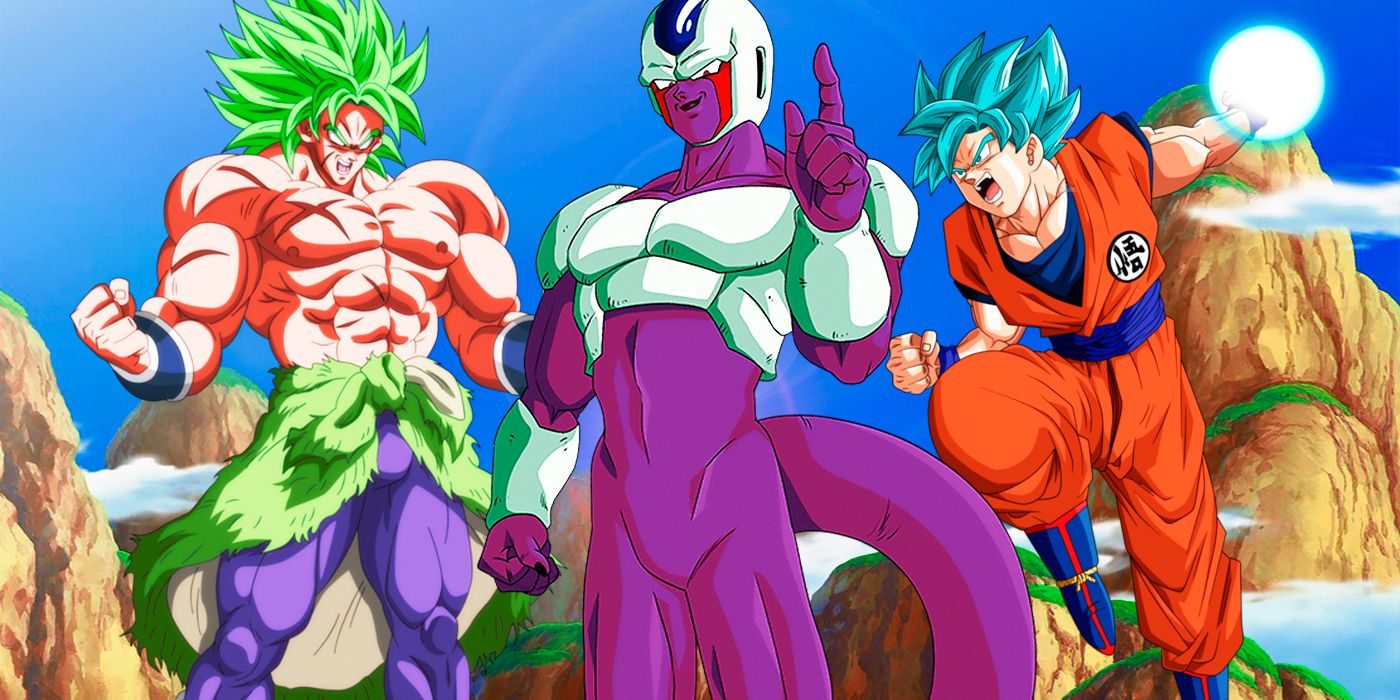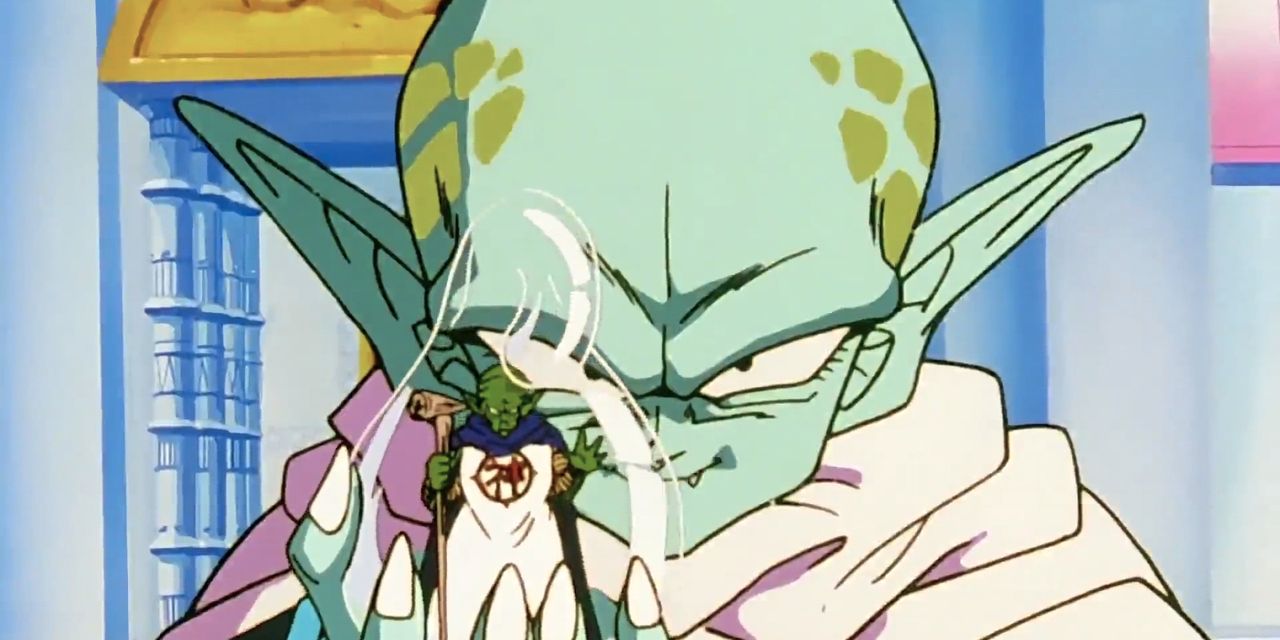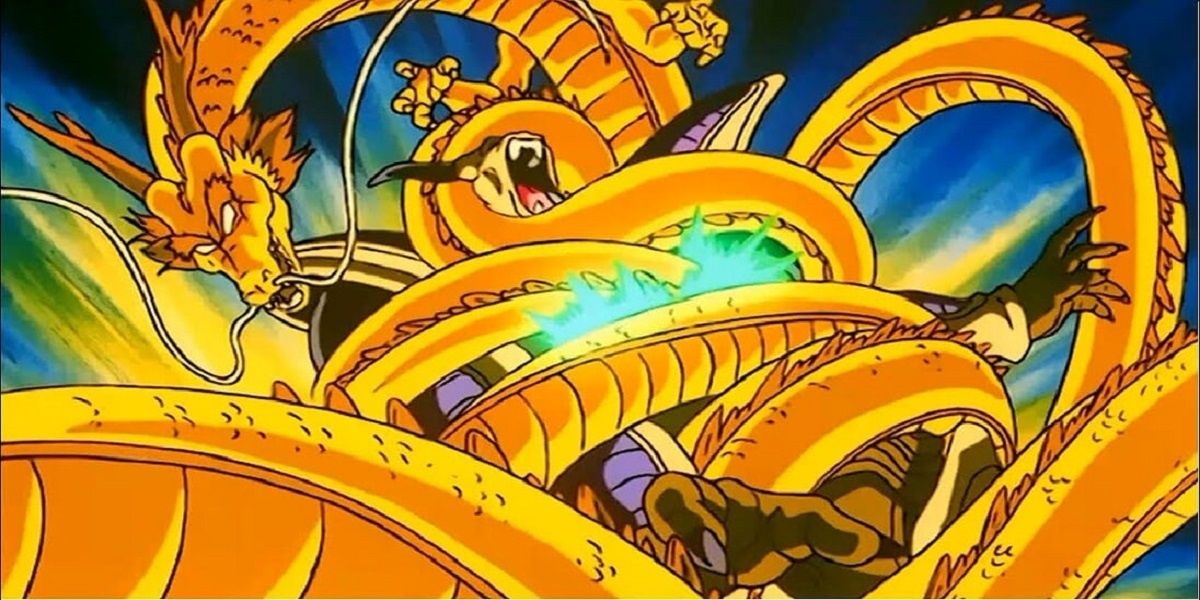
Toei Animation has confirmed that the next Dragon Ball Super movie will have a panel at this year's Comic-Con@Home, likely dropping the first major details about the cinematic future of Akira Toriyama's perennially popular franchise. While the last film in the franchise, 2018's Dragon Ball Super: Broly, is canon to the overarching story, the vast majority of the franchise's films are not.
Often contradicting details from the main plot, many of the Dragon Ball films are entertaining what-ifs rather than direct continuations. However, there are several films that are considered canon or, at least, don't actively contradict the main story, leaving their canonicity up for debate.
While the four Dragon Ball movies are all non-canon, either retelling or reimagining stories from the manga/anime depicting Goku's childhood, the first Dragon Ball Z anime film is generally considered canon. 1989's Dragon Ball Z: Dead Zone took place approximately a year before DBZ began with the villainous Garlic, Jr. successfully using the Dragon Balls to gain immortality before being exiled to the eponymous pocket dimension. This placement in canon was further underscored when Garlic, Jr. escaped during an anime-only filler arc, attempting to get his revenge before being exiled once again.

While the next wave of DBZ films aren't considered canon, neither 1991's Dragon Ball Z: Cooler's Revenge nor 1993's Dragon Ball Z: Bojack Unbound directly contradict the main series. With Goku still getting the hang of mastering his Super Saiyan transformation in Cooler's Revenge, the 1991 film could feasibly take place in the three-year period between Goku's return to Earth and the arrival of the Androids. However, the fact that neither Frieza nor King Cold have ever mentioned Cooler, a member of their family, puts this in doubt.
Similarly, Bojack Unbound may have taken place just after the Cell Games, with Goku and King Kai dead while Gohan still learns how to master Super Saiyan 2. Future Trunks' presence is explained offhand in the English dub as the time-traveling warrior visiting his friends in the main timeline after restoring peace in his own era. Similarly, Hercule Satan is already renowned worldwide for taking credit in Cell's destruction, as the false champion makes his film debut in the 1993 movie.

Perhaps most intriguing is 1995's Dragon Ball Z: Wrath of the Dragon, set shortly after the defeat of Kid Buu as Earth and the Z Fighters enjoy a period of peace. The film debuted Goku's special attack, the Dragon Fist, with the technique resurfacing on multiple occasions during Dragon Ball GT, seemingly confirming Wrath of the Dragon as canon. However, with DBGT's canonicity apparently revoked by the new anime series Dragon Ball Super, this raises questions about whether Wrath of the Dragon is actually canon. While Wrath of the Dragon does not directly contradict DBZ or Super, Goku has yet to use or refer to the Dragon Fist technique in Super's manga or anime.
Ever since 2008's short film Dragon Ball: Yo! Son Goku and His Friends Return!!, Toei appears to have kept the subsequent movies canon. That film's introduction of Vegeta's brother Tarble was acknowledged in Super, while 2013's Dragon Ball Z: Battle of Gods and 2015's Dragon Ball Z: Resurrection F would both be adapted as the opening story arcs in Super when the anime premiered in 2015. Should Toei hold to this pattern, the next Dragon Ball Super movie will likely be canon to the main story as well, as Goku and the Z Fighters continue to find new adventures.
0 Comments